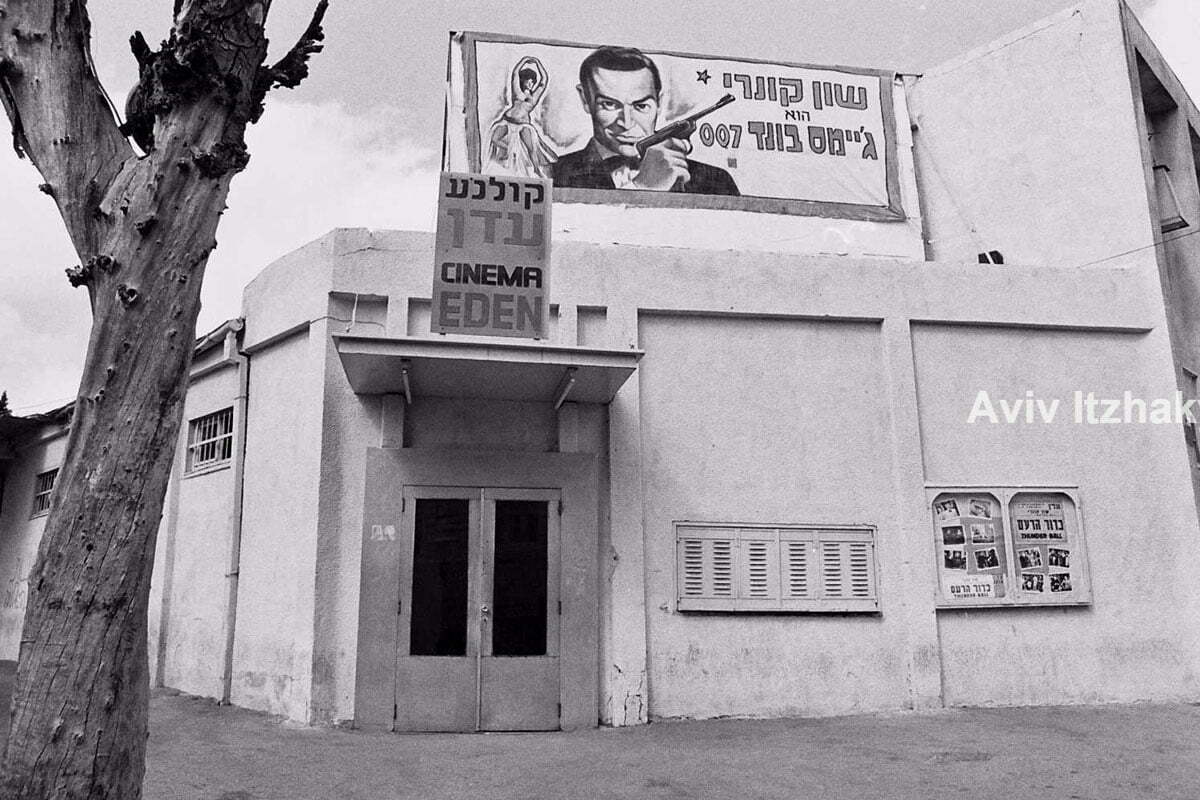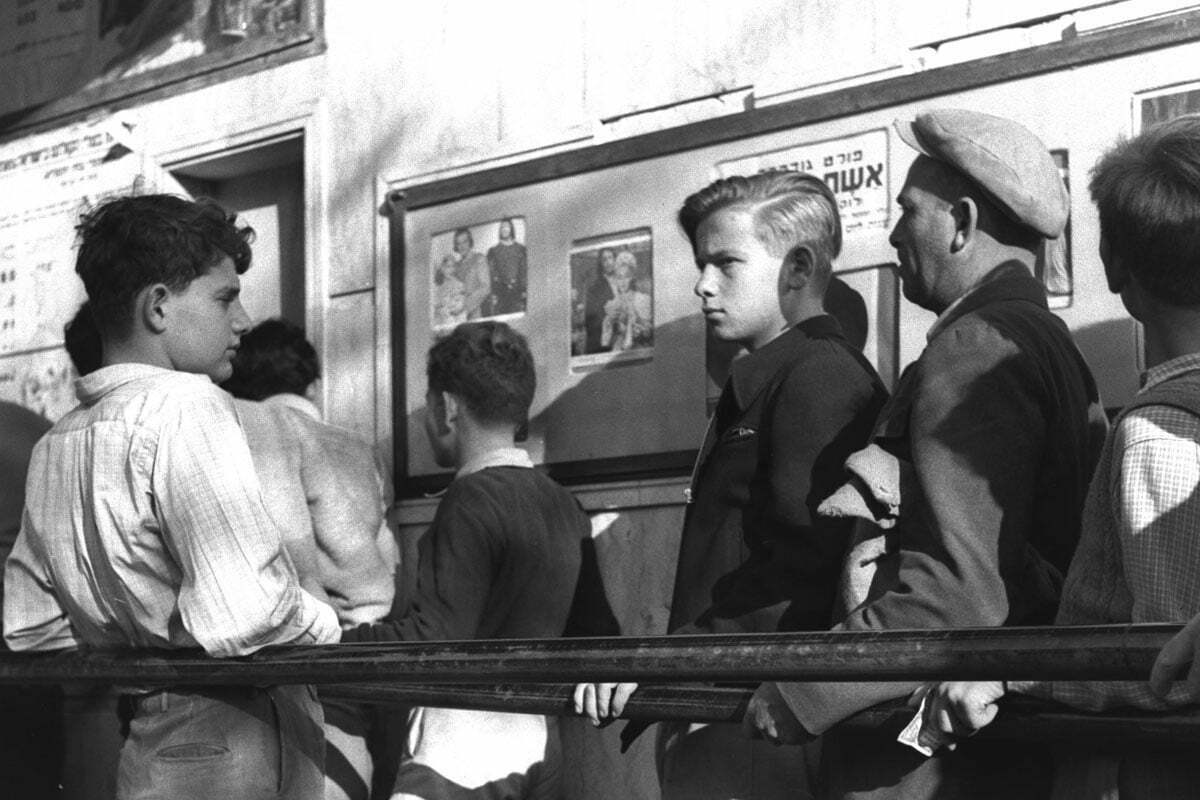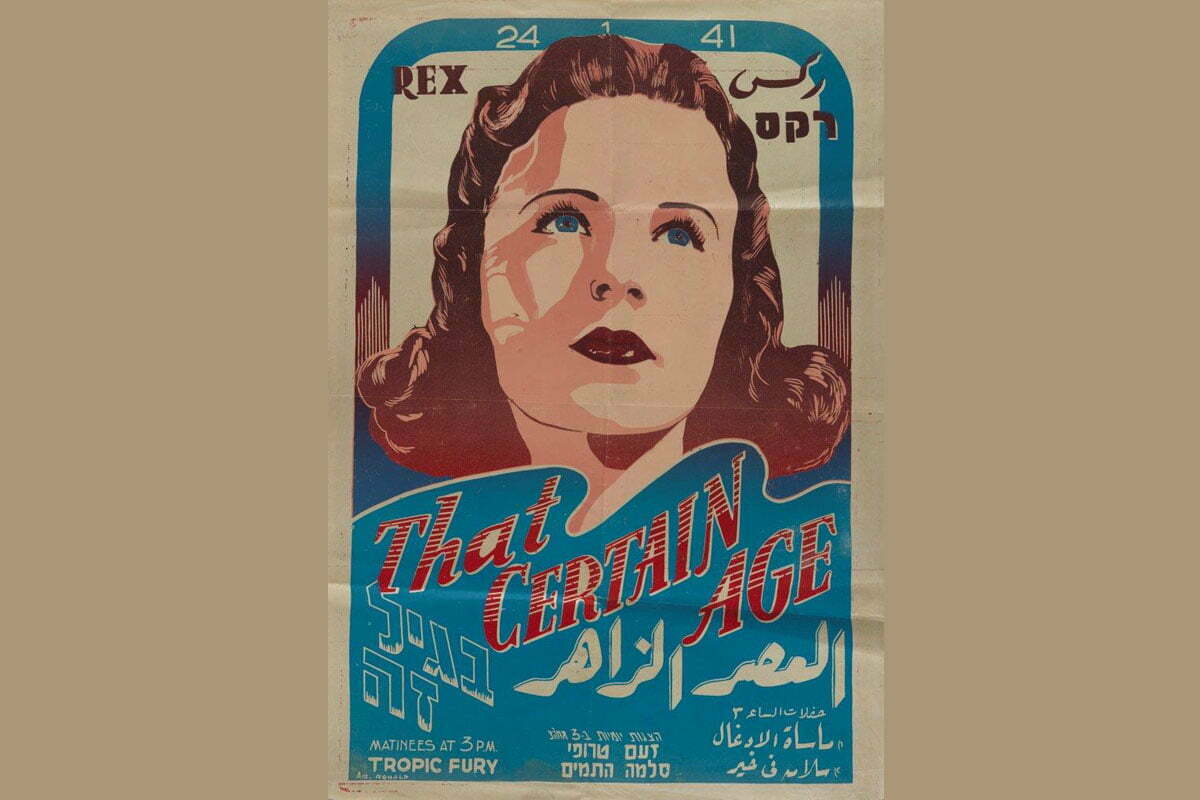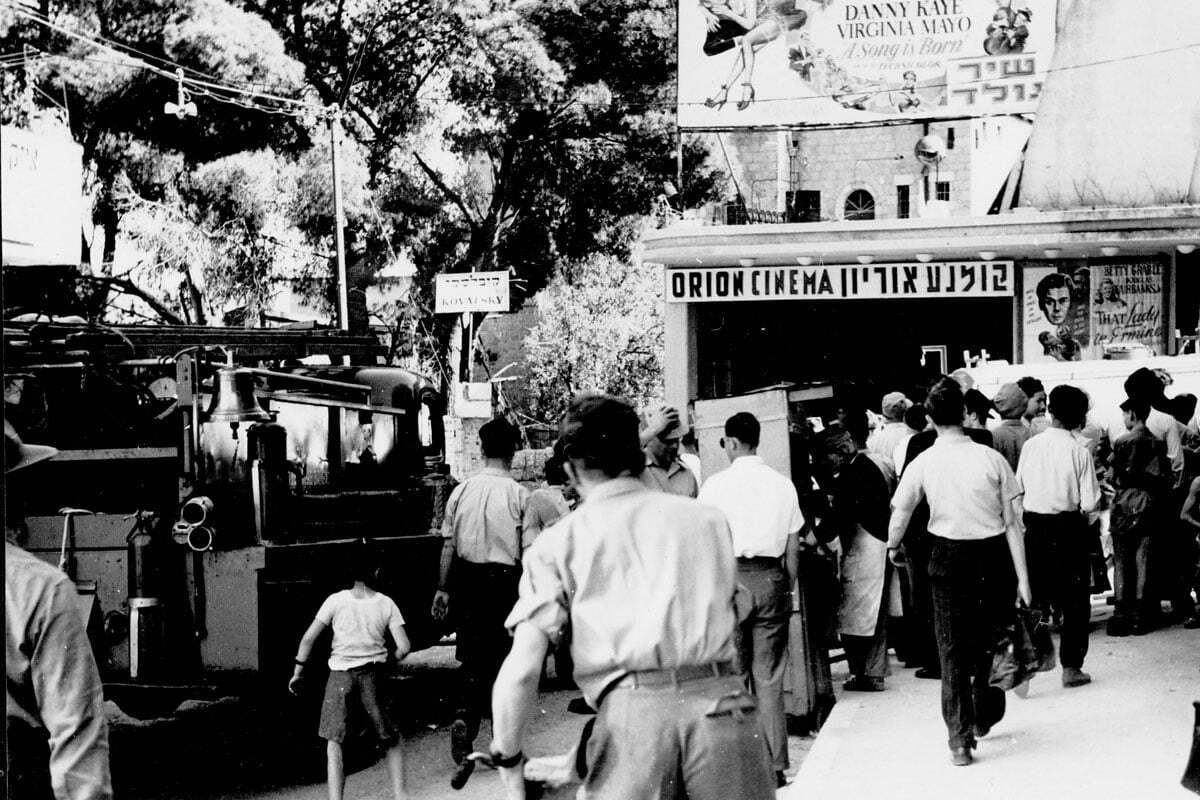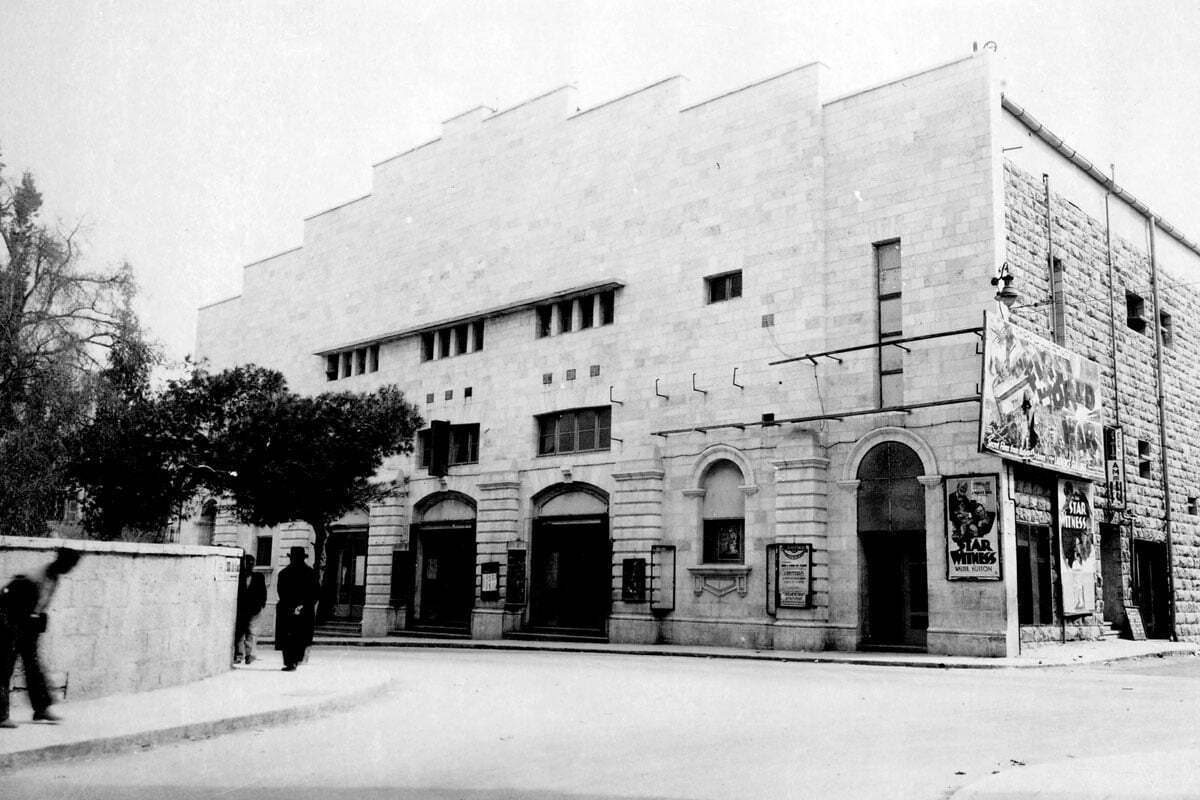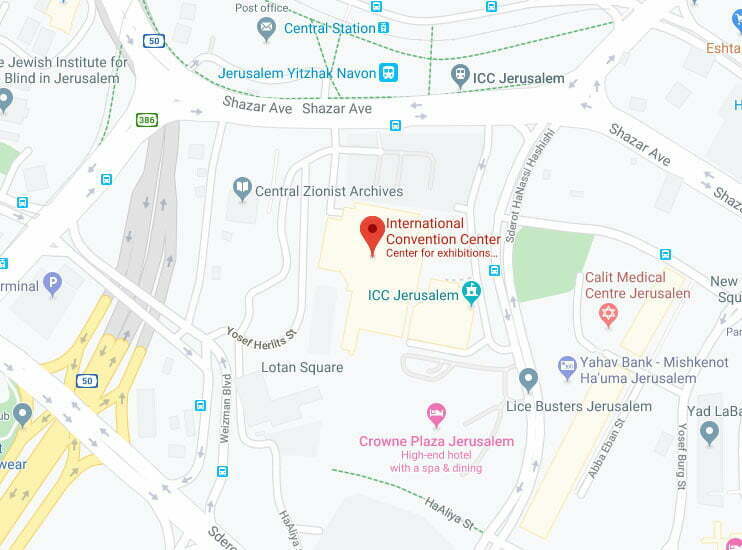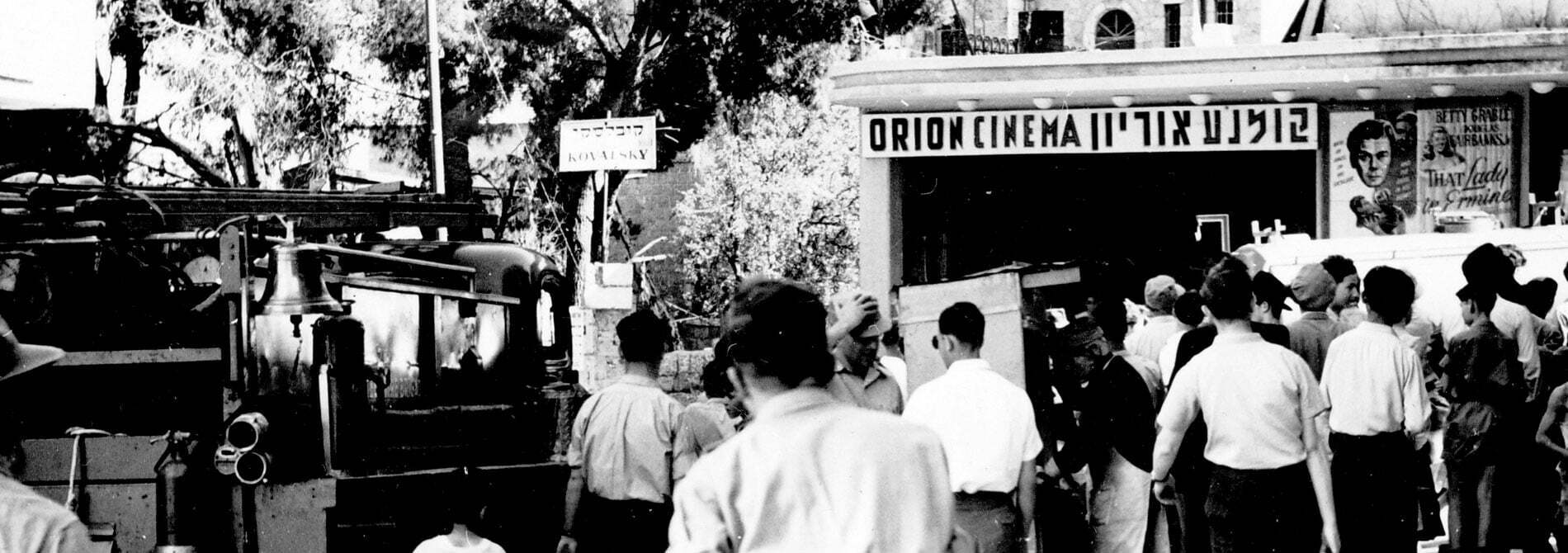
Stars above Zion Square
Jerusalem’s city center, known as the ‘triangle’ because of the shape formed between Ben Yehuda, Jaffa and King George streets, began to develop in the 1920s. Since then, this area and its surroundings have been the heartbeat of Jerusalem's commercial and leisure scene. In addition to the many shops, restaurants, and cafés in the area, a plethora of movie theaters which operated from the 1920s until the 1990s became the focus of entertainment and developed the city center.
Since the early days of cinema, at the end of the 19th century, movie theaters around the world have become a central part of popular entertainment culture, providing cheap entertainment and exciting experience for all age groups and segments of society. Initially, the movies were silent. At the beginning of the 20th century, occasional motion pictures were screened in Jerusalem, typically accompanied by music playing from records or musicians playing at the front of the theatre. The transition from ‘moving picture’ to cinema took place in Jerusalem in 1930, when the first movie with both sound and music was screened at the Zion Theater. The movie theatres in Jerusalem were used not only for screening films but also for political gatherings, plays, comedy shows, concerts and the like.
Movies have shaped many Jerusalemites’ childhood experiences. The matinées, featuring cowboy films, Tarzan films, suspense and action thrillers, were intended mostly for a young audience. Romantic films and historical dramas were screened in the evenings. Youngsters often attempted to sneak into the theater for free, a local experience mentioned in the stories and songs of those who grew up in the city. Gavriel Arussi, the usher who stood at the entrance to the Edison and Orion cinemas, was known as "Gabriel let me in," and is remembered as someone who felt sorry for the “trespassers” and let everyone in for free!
As Israeli television began broadcasting, and later with video in every home, the golden age of movie theaters in Israel came to an end. The ones in the center of Jerusalem began to close in the 1970s, the last of them locking their doors in the early 1990s. Some of them were demolished and others were converted for other uses. Most of the cinemas in Jerusalem were housed in architecturally commonplace buildings, so today there is no trace of their past so full of heroes, plots, and spectators.
Eran Litvin - Curator
Thanks to David Kroyanker, Dr. Mordechai Naor, Yaara Raz Haklai and Israel Goldman
